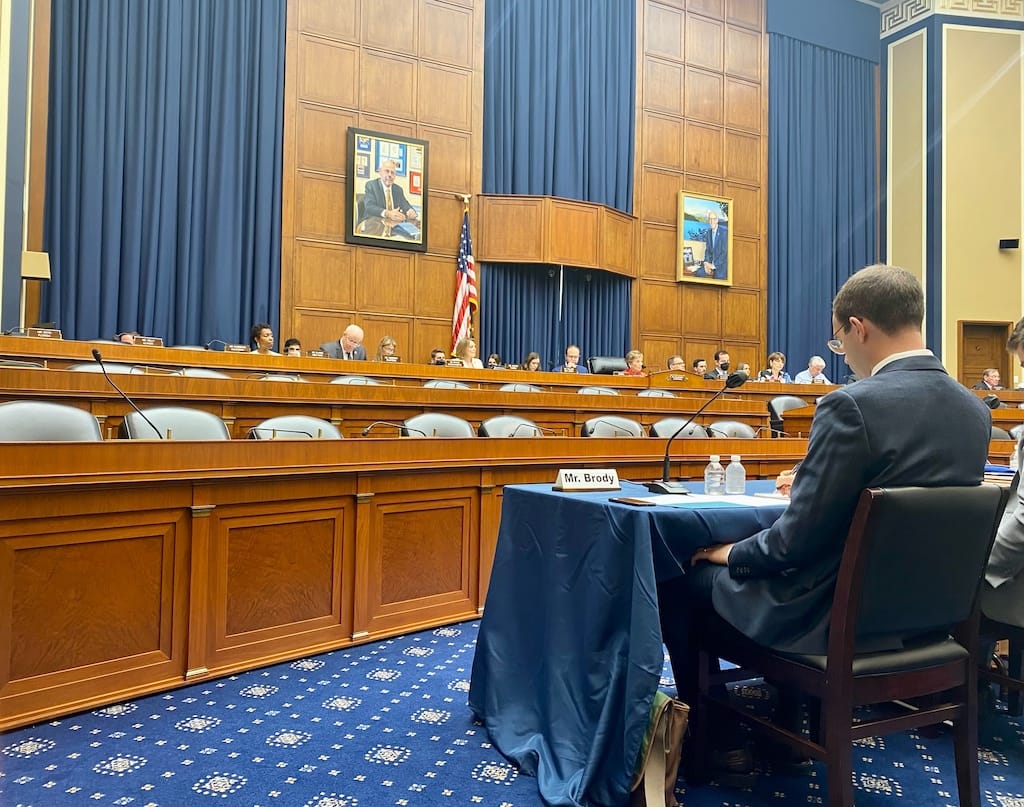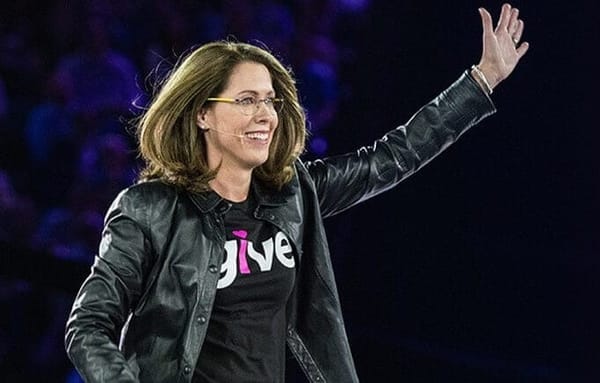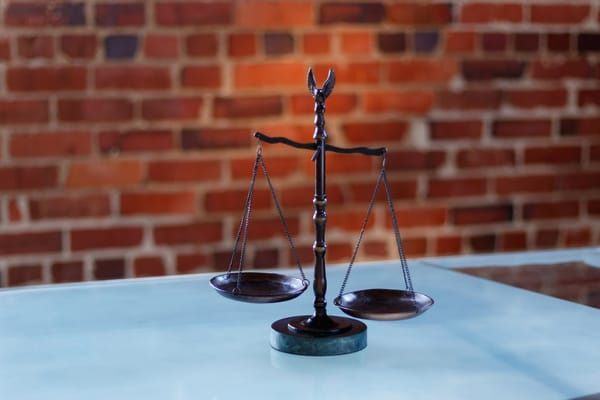Expand Online Protections for 17-Year-Olds in Draft Federal Privacy Law, Committee Urged
The draft privacy law includes a provision to enhance privacy protections online for children under 17.

WASHINGTON, June 16, 2022 – Panelists before the subcommittee on consumer protection and commerce recommended Tuesday that a newly-crafted draft for federal privacy legislation introduced earlier this month include online protections for 17-year-olds.
The draft of the American Data Privacy and Protection Act, which would be the first federal privacy law, includes a provision to enhance privacy protections online for children under 17, including restrictions on Big Tech platforms’ data collection and targeted advertisements to those age groups.
But testimony from Jolina Cuaresma, senior counsel on privacy and technology policy at Common Sense Media, suggested that the language include 17-year-olds as well.
If the bill becomes law, she said this would provide a substantial upgrade to the Child Online Protection Privacy Act, which provides online protections for children under 13. “We need to cover all minors under the draft’s protections,” Cuaresma said, adding, “one in four children between the ages of 9 and 17 have had a sexual encounter with an adult online.”
With ongoing discussion about potential changes to COPPA and ensuring children’s privacy online due to increasing use of online educational tools and social media, Rep. Kathy Castor, D-Fl, stated during the hearing, “there is room for improvement in the draft for children’s protections.”
Big Tech regulation
Witnesses also said the draft should make clearer limits for Big Tech companies. Caitriona Fitzgerald, deputy director of the Electronic Privacy Information Center, said, “technology companies have too much power” and have been unregulated for too long. She urged the bill to define responsibilities more clearly for big tech companies, individuals, states, and federal entities.
Chairman Frank Pallone Jr. of the energy and commerce committee stated that if the bill passes, “our kids will be protected from abusive advertising and data transfers, and businesses will be required to protect consumer data or face real consequences.
“Comprehensive national privacy legislation is necessary to limit the excesses of Big Tech and ensure Americans can safely navigate the digital world,” said Pallone.








